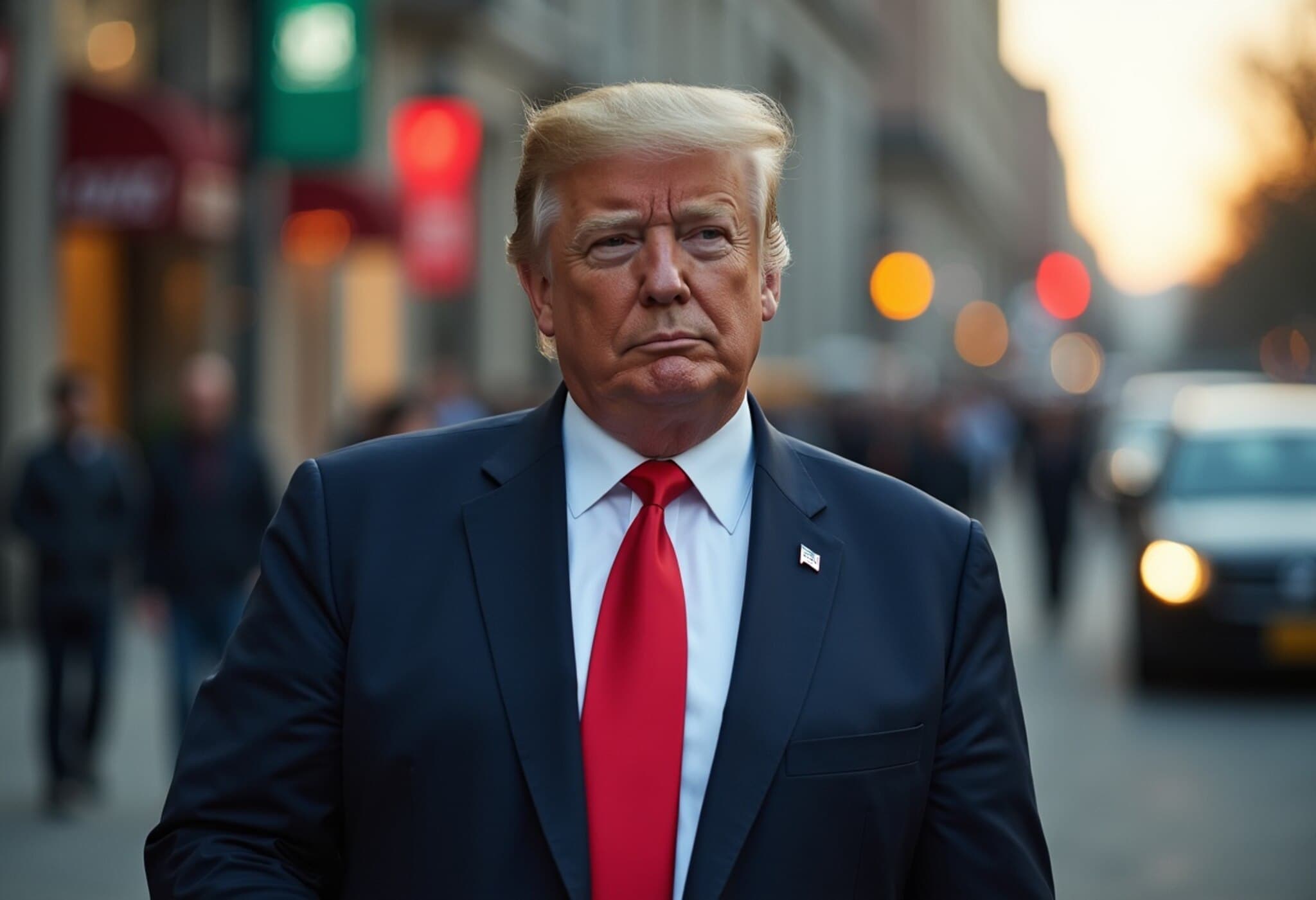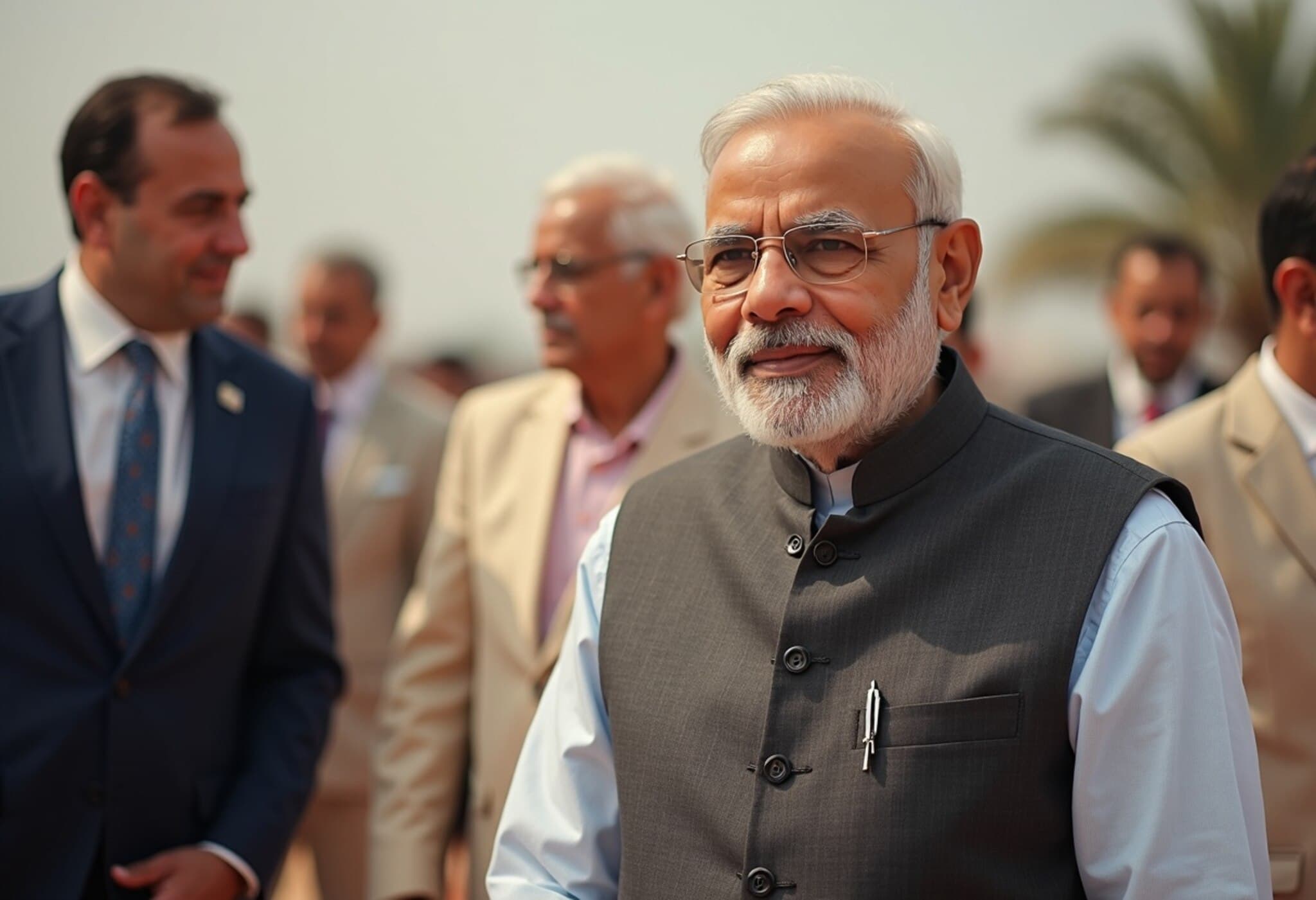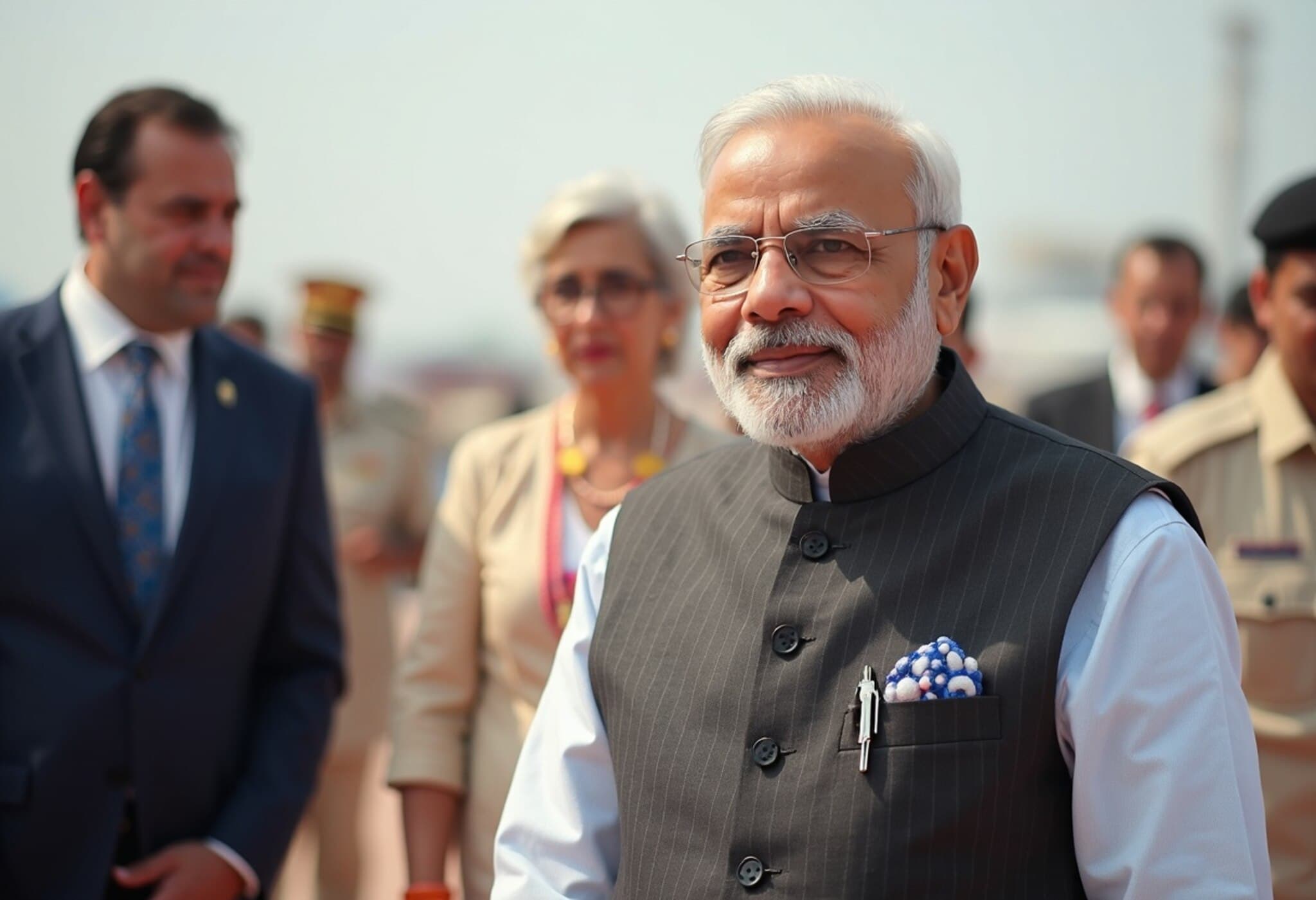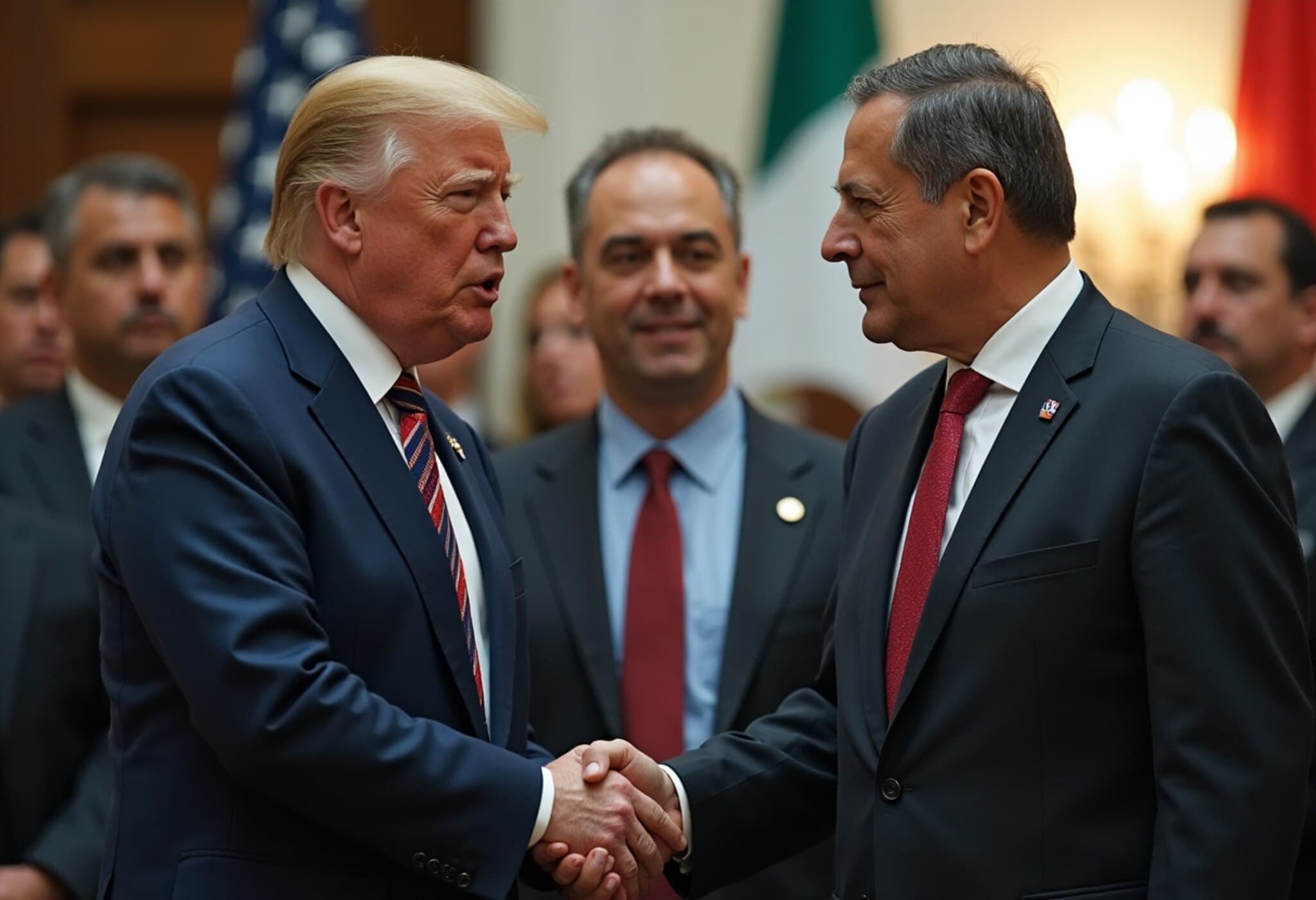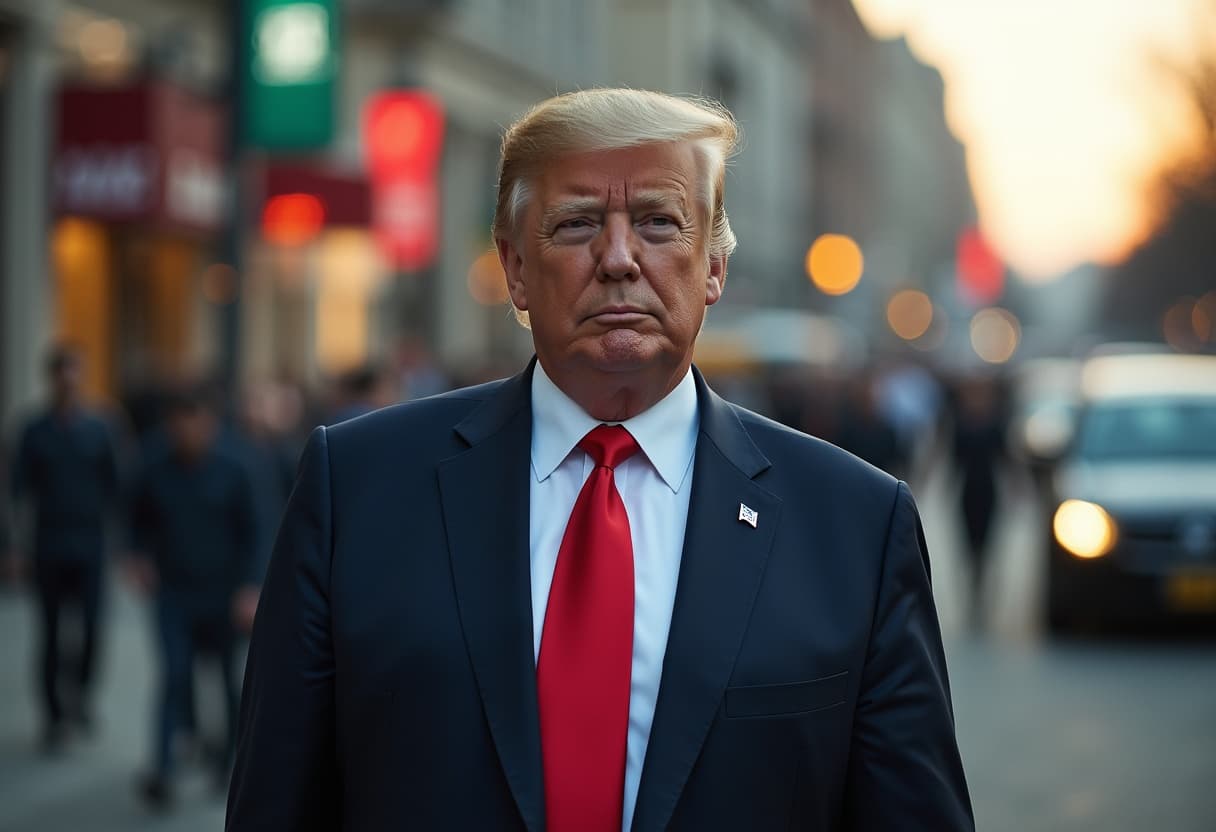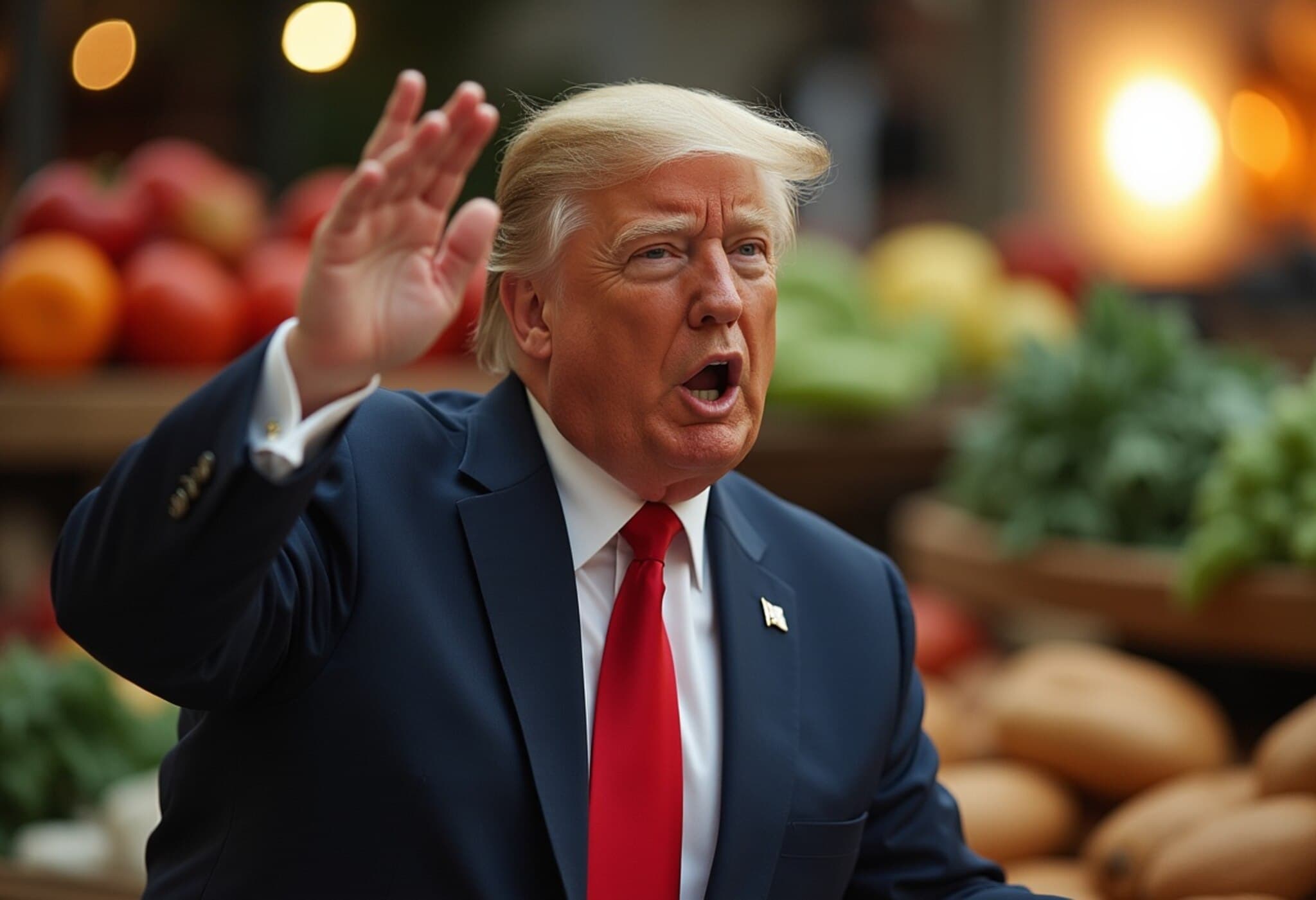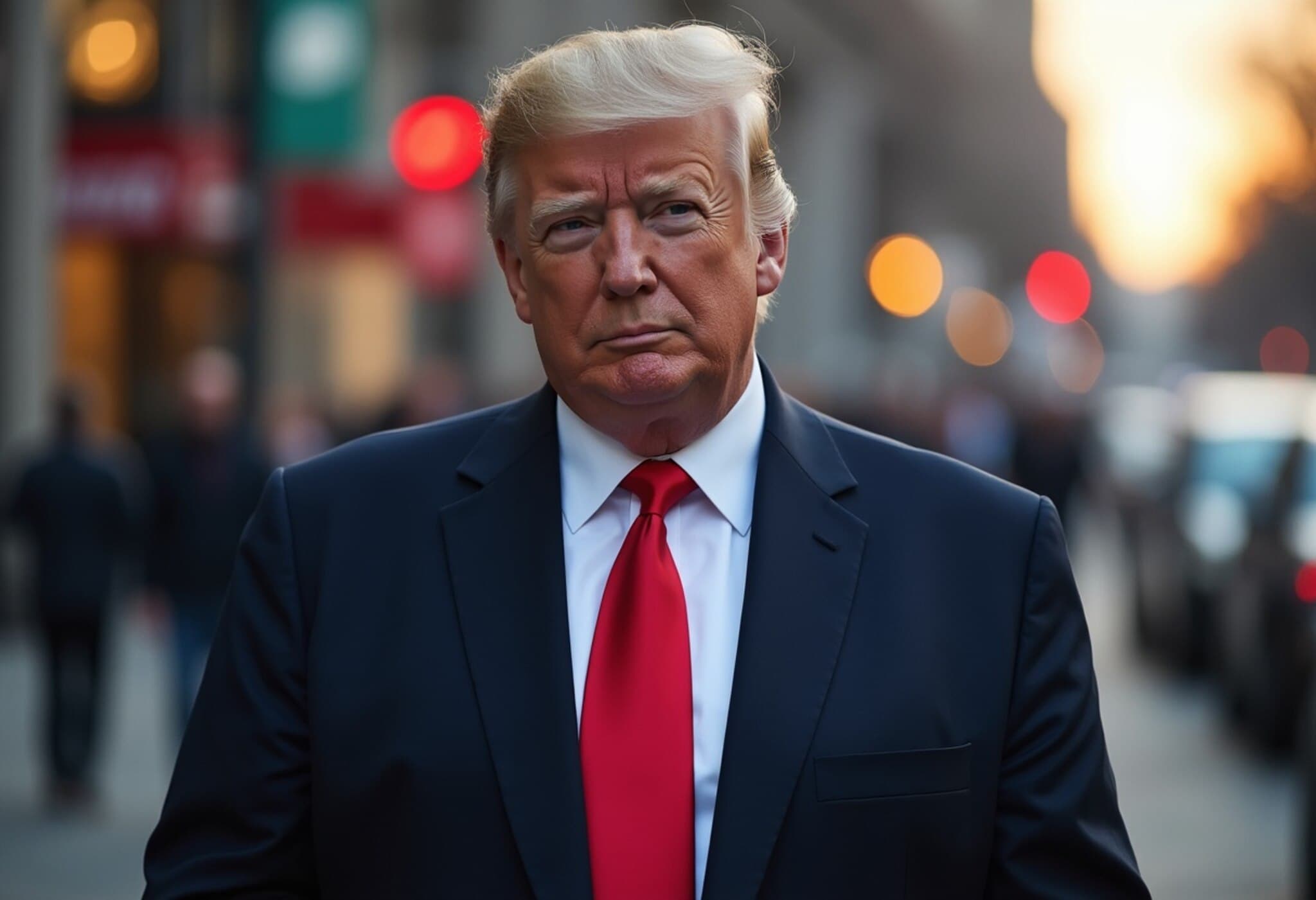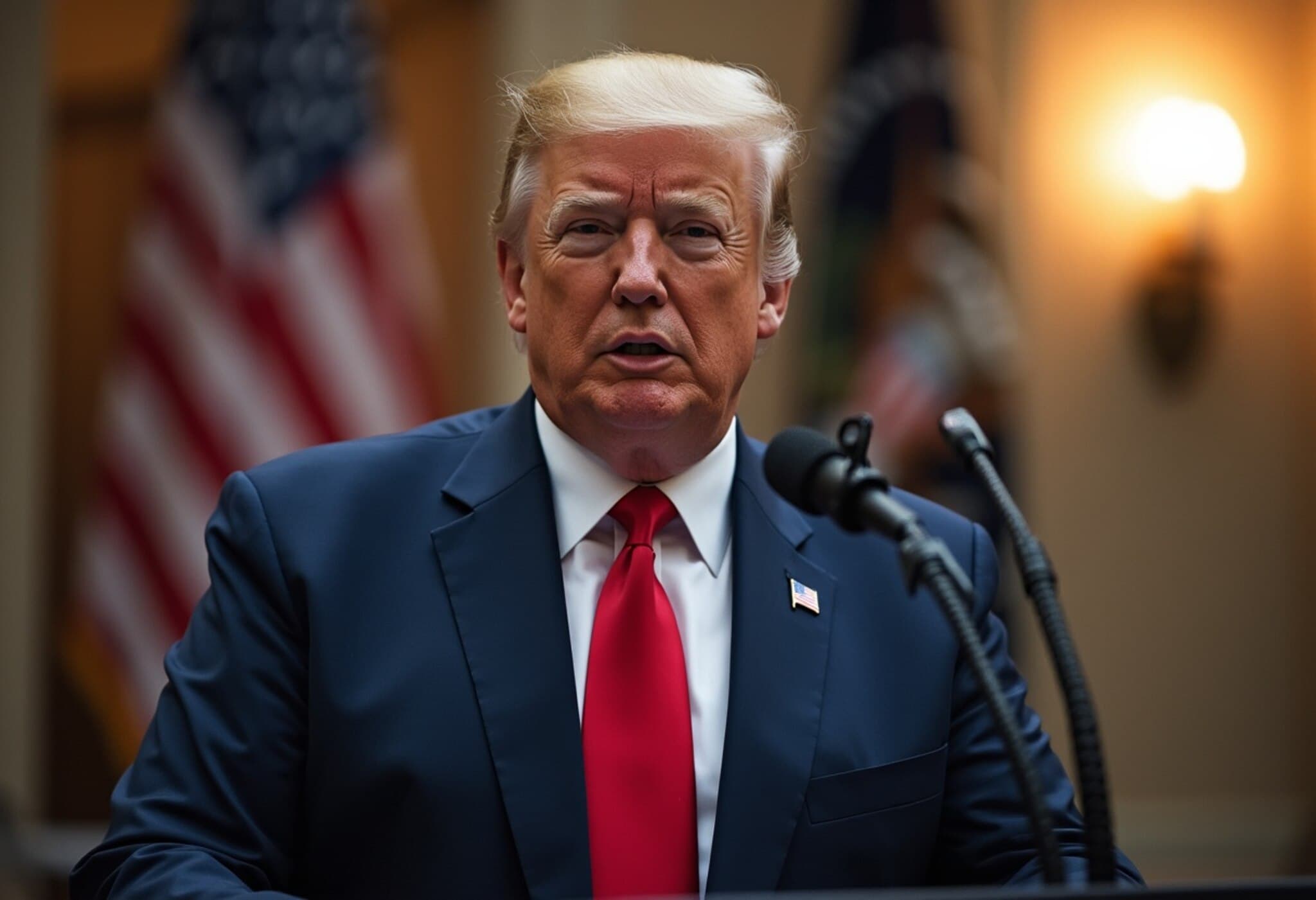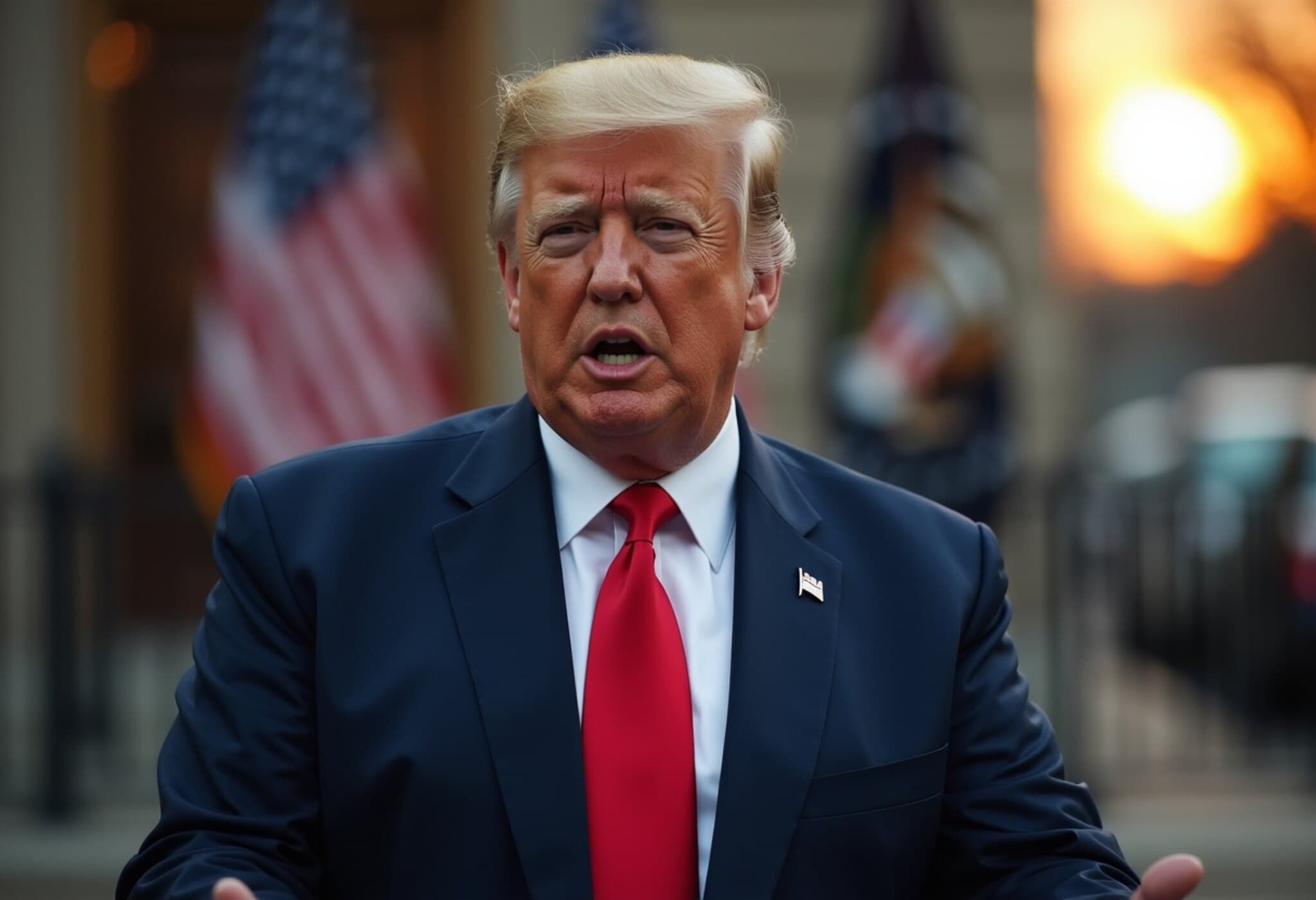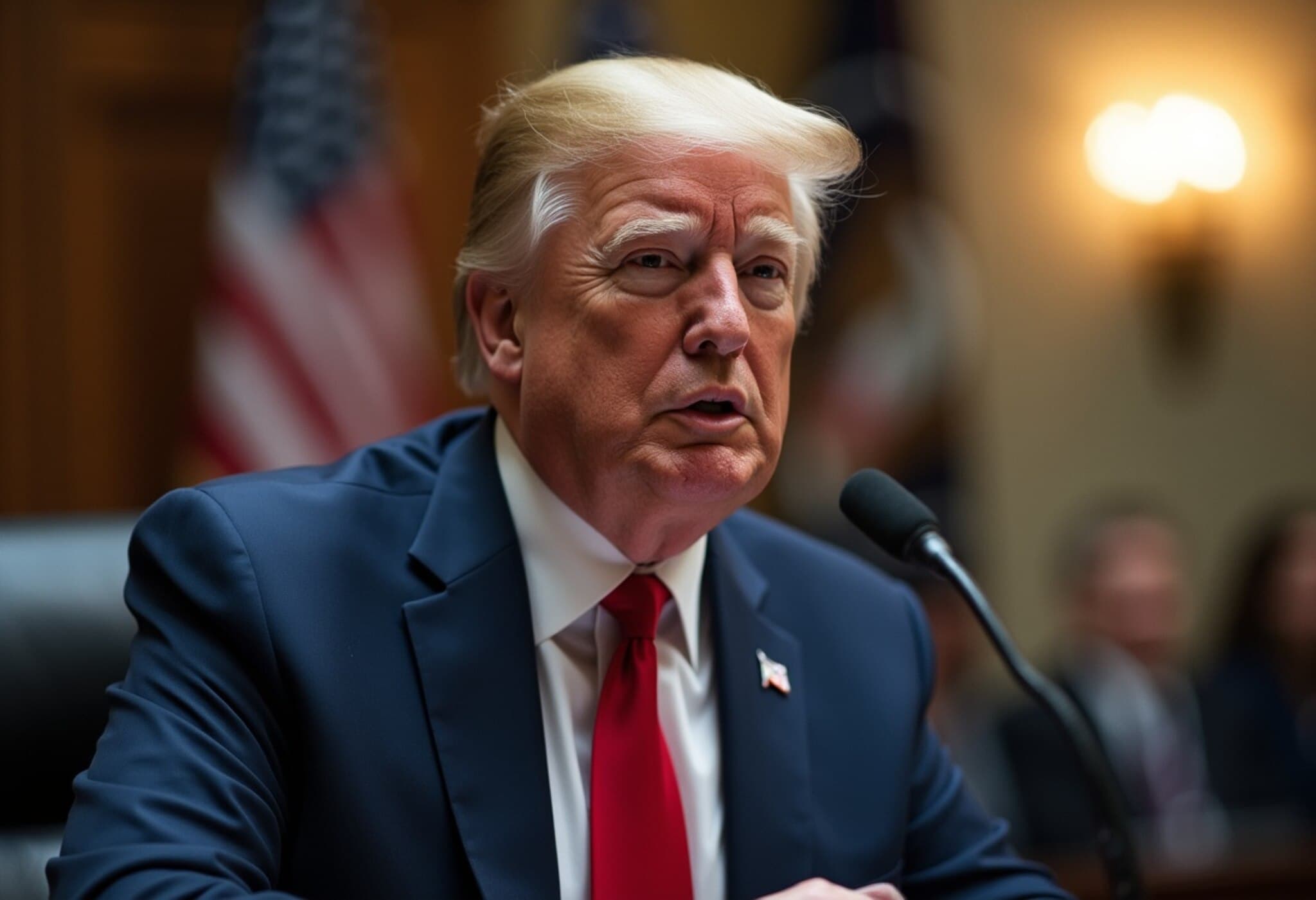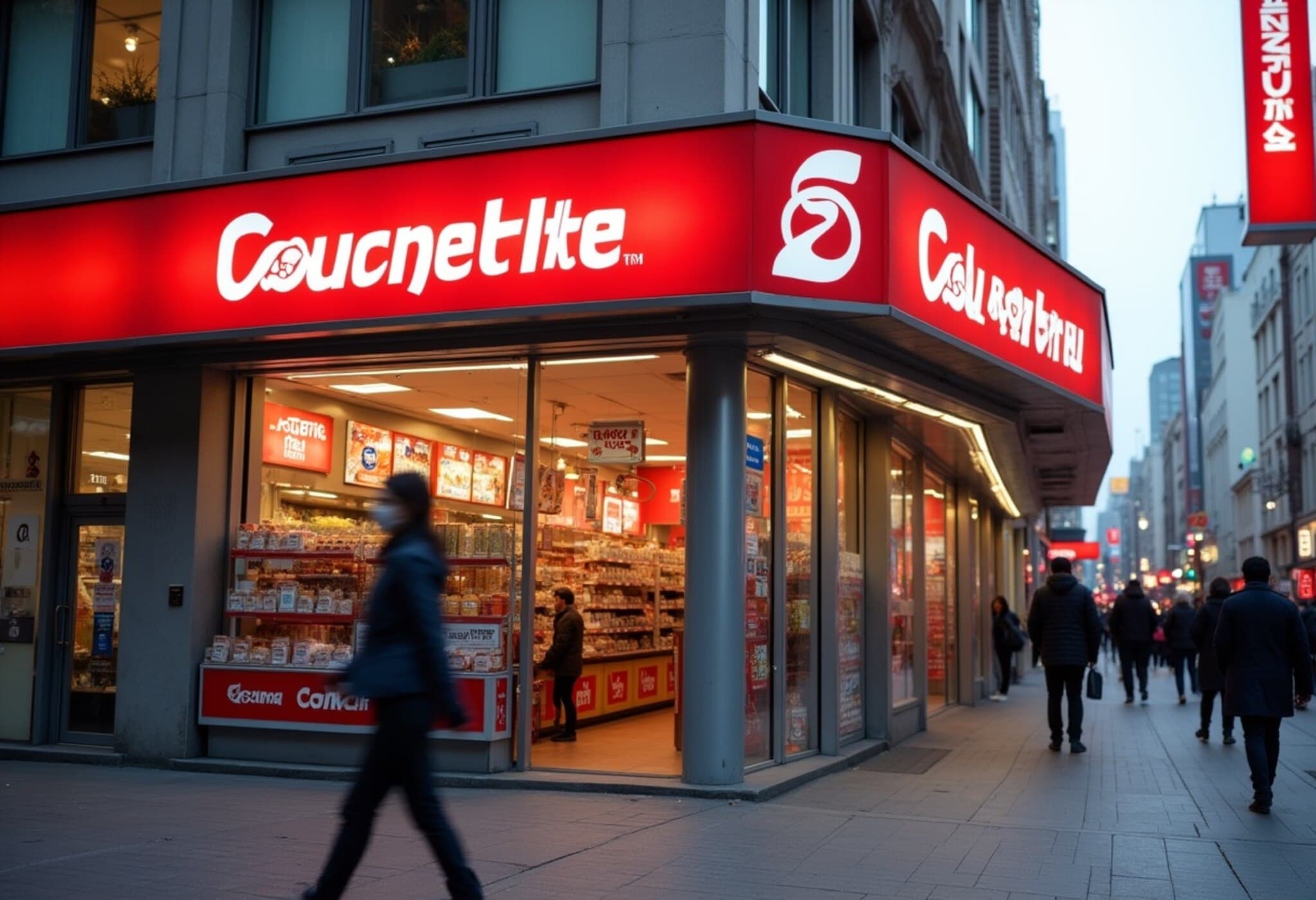Trump Threatens 30% Tariffs on Mexico over Drug Cartel Concerns
In a bold escalation of tensions at the U.S.-Mexico border, President Donald Trump has announced plans to impose a 30% tariff on Mexican imports starting August 1, 2025. This move is tied directly to his accusations that Mexico has failed to adequately combat powerful drug cartels and stem the flow of fentanyl into the United States—an issue Trump has highlighted repeatedly during his tenure.
Speaking while signing legislation related to fentanyl, Trump remarked, “Mexican authorities are petrified to go to work because the cartels have a tremendous grip on Mexico and the politicians.” These comments mark a sharp intensification in rhetoric and policy, reflecting ongoing frustration with Mexico's handling of organized crime, despite months of negotiations between the two governments.
Mexico’s Response and Trade Dynamics
Mexican President Claudia Sheinbaum, responding to Trump’s accusations, defended her country's efforts. She highlighted that Mexican authorities are actively dismantling drug labs and intercepting narcotics daily. However, she also emphasized the need for the United States to curb the flow of weapons fueling cartels from across the border.
It’s worth noting that Mexico’s economic relationship with the U.S. stands as one of the world’s largest. In 2024, the U.S. imported $506 billion in goods from Mexico, while exporting $334 billion in return, creating a notable trade deficit that has long drawn Trump’s ire. Mexico recently overtook China as America’s largest trading partner, emphasizing the stakes involved in any tariff increase.
Despite previous tariffs announced by Trump, about 87% of Mexican exports to the U.S. currently remain exempt due to provisions under the United States-Mexico-Canada Agreement (USMCA). A White House official indicated this exemption would likely continue, meaning the new 30% levy would replace the existing 25% tariffs on certain sectors. Still, uncertainty drags on Mexico’s economic outlook, with some analysts fearing slowed growth due to these tensions.
The Broader Battle Against Cartels: Complex Challenges
Since taking office in October, President Sheinbaum has ramped up efforts against drug cartels. Her administration has arrested thousands of cartel members, seized large quantities of fentanyl, and stepped up cooperation with U.S. law enforcement. However, despite these measures, Trump remains dissatisfied, suggesting Mexico’s leadership has yet to deliver on promises to dismantle cartel influence, particularly concerning political corruption.
Expert analysis suggests that Trump’s pressure may be aimed at forcing Mexico to target high-level political figures suspected of cartel complicity—a politically sensitive and challenging prospect. As political analyst Carlos Bravo Regidor explains, Trump recognizes “Mexico’s weak spot in this area of political collusion with organized crime” and is leveraging it as a negotiation tool.
Critics argue that quick arrests and headline-grabbing actions, while important, offer only temporary fixes. Structural reforms like enhancing police capacity, addressing institutional corruption, and cracking down on money laundering are viewed as more sustainable paths forward. Iliana Padilla Reyes, professor at the National Autonomous University of Mexico, cautions against a cycle of reactive policies: “We react by plugging the leak in the pipe, applying a temporary fix, even though we know there’s a structural problem with the entire plumbing system of the house.”
What’s Next for U.S.-Mexico Relations?
President Sheinbaum remains optimistic about an agreement with the U.S. before the August tariff deadline, pointing to ongoing talks focused on enhanced security collaboration sans U.S. military involvement on Mexican soil. The proposed pact aims to deepen intelligence sharing and cooperation.
However, the specter of retaliatory tariffs from Mexico looms large. Trump has warned that any goods tariffs imposed by Mexico will be met by an escalation of U.S. tax rates, threatening to further inflame economic tensions.
Business leaders urge both nations to expedite dialogue and focus on pragmatic solutions. Pedro Casas Alatriste, CEO of the American Chamber of Commerce in Mexico, suggests removing contentious sectors like steel, aluminum, and tomatoes from negotiations to simplify discussions and prevent collateral damage to trade.
Expert Insight: Navigating Uncertainty and the Human Toll
The unfolding U.S.-Mexico tariff saga highlights a critical intersection of economics, security, and politics. For millions on both sides of the border whose livelihoods depend on cross-border trade and cooperation, accelerated tariffs risk sparking economic disruption.
Moreover, the focus on drug cartels brings into sharp relief the deeper societal challenges faced by Mexico: entrenched corruption, violence, and asymmetrical power dynamics shaped by illegal trade. Any effective response requires not only policing but also cross-border policy alignment on firearms control, addiction treatment, and economic development.
In essence, the tariff threat serves as a blunt instrument reflecting the limitations of economic pressure in addressing deeply rooted criminal networks and governance challenges.
Editor’s Note
The U.S.-Mexico tariff dispute encapsulates the complex interplay between trade policy and security imperatives. While tariffs may serve as leverage, their effectiveness depends on nuanced diplomacy and sustained structural reforms on both sides of the border.
Readers should consider: Can economic penalties alone compel meaningful change in deeply entrenched issues like cartel influence and political corruption? Or do these measures risk exacerbating hardship and uncertainty for ordinary citizens? As negotiations continue, watching how Mexico and the United States balance tough talk with concrete policy action will be crucial.

